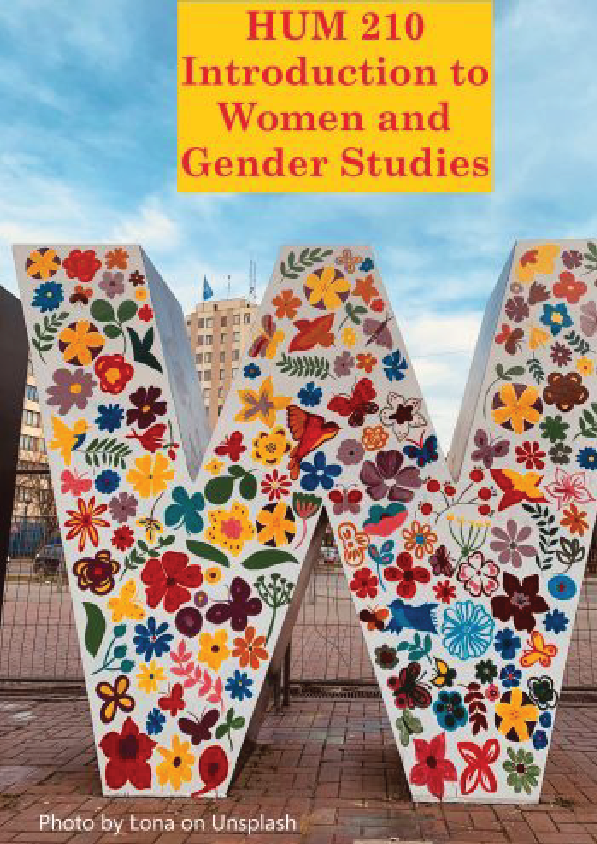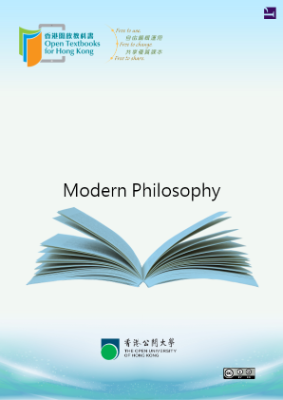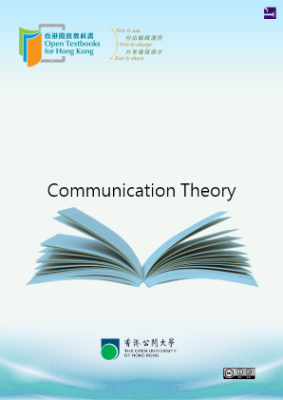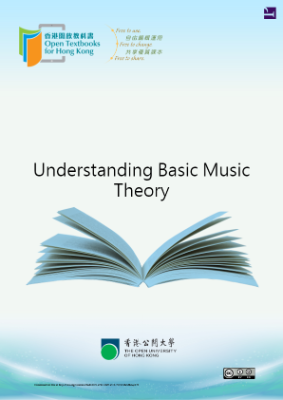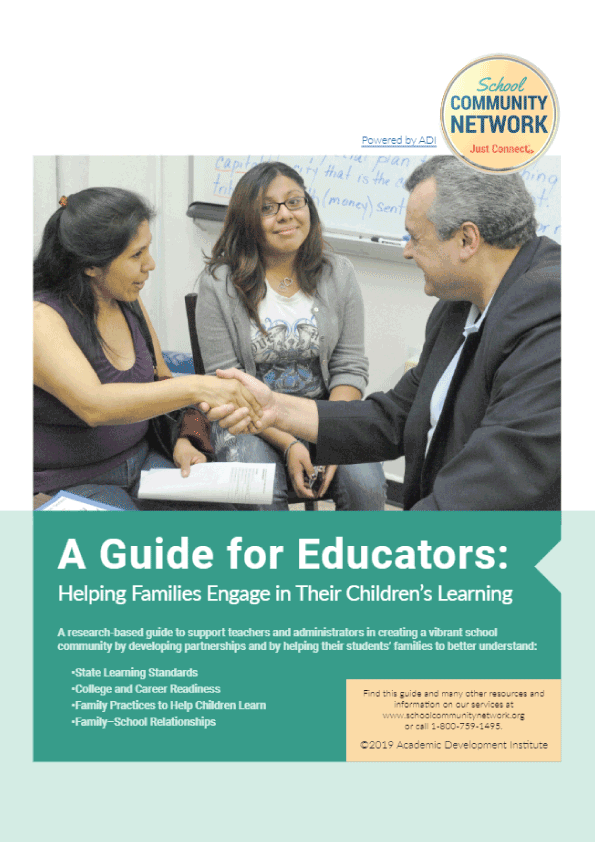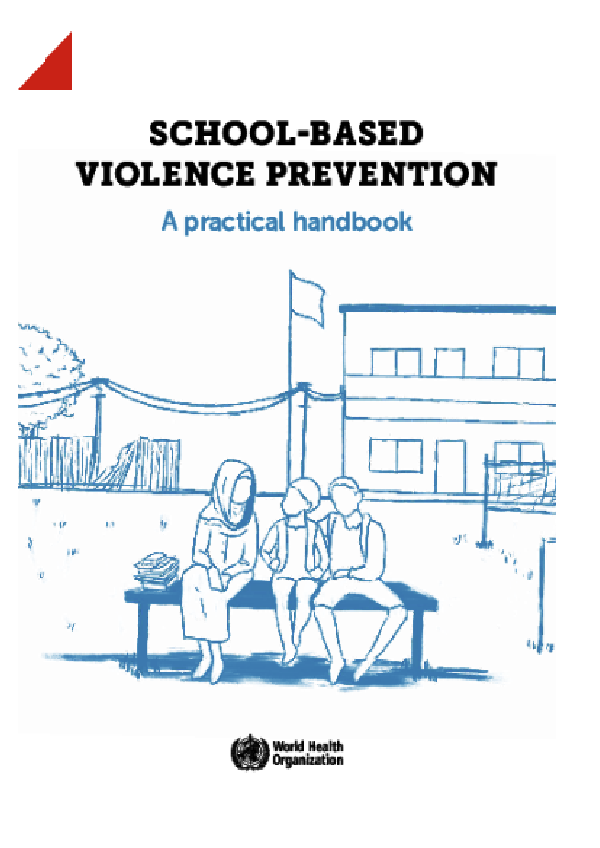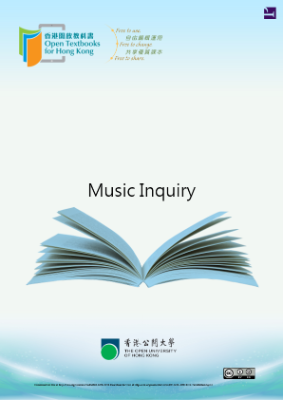Why take a course in Women’s and Gender’s Studies?
A course in Women’s and Gender’s Studies (WGS) will help you become familiar with key issues, questions and debates in Women’s and Gender Studies scholarship, both historical and contemporary. A WGS course will introduce you to many of the critical questions and concepts that feminist scholars have developed as tools for thinking about gendered experience. A WGS course will offer you the opportunity to explore the complex ways in which gender intersects with class, race, ethnicity, sexuality, and age within various spheres and institutions of society.
What is Women’s and Gender’s Studies?
Women’s and Gender Studies (WGS) is an interdisciplinary field that asks critical questions about the meanings of sex and gender in society. A WGS course offers the opportunity for study and discussion of key issues, questions and debates in Women’s and Gender Studies, both historical and contemporary. Gender studies scholarship critically analyzes themes of gendered performance and power in a range of social spheres, such as education, culture, and work. A WGS course draws on multiple disciplines–such as art, literature, religion, philosophy, and music — to examine cultural assumptions about sex, gender, and sexuality. A WGS course offers the opportunity for analysis of current events with the aim to increase awareness of contemporary and historical experiences of women, and of the multiple ways that sex and gender interact with race, class, nationality and other social identities.
You may have heard the phrase “the personal is political” at some point in your life. This phrase, popularized by feminists in the 1960s, highlights the ways in which our personal experiences are shaped by political, economic, and cultural forces within the context of history, institutions, and culture. Socially-lived theorizing means creating feminist theories and knowledge from the actual day-to-day experiences of groups of people who have traditionally been excluded from the production of academic knowledge. A key element to feminist analysis is a commitment to the creation of knowledge grounded in the experiences of people belonging to marginalized groups, including for example, women, people of color, people in the Global South, immigrants, indigenous people, gay, lesbian, queer, and trans people, poor and working-class people, and disabled people.
Feminist theorists and activists argue for theorizing beginning from the experiences of the marginalized because people with less power and resources often experience the effects of oppressive social systems in ways that members of dominant groups do not. From the “bottom” of a social system, participants have knowledge of the power holders of that system as well as their own experiences, while the reverse is rarely true. Therefore, their experiences allow for a more complete knowledge of the workings of systems of power. For example, a story of the development of industry in the 19th century told from the perspective of the owners of factories would emphasize capital accumulation and industrial progress. However, the development of industry in the 19th century for immigrant workers meant working sixteen-hour days to feed themselves and their families and fighting for employer recognition of trade unions so that they could secure decent wages and the eight-hour work day. Depending on which point-of-view you begin with, you will have very different theories of how industrial capitalism developed, and how it works today.
Feminism is not a single school of thought but encompasses diverse theories and analytical perspectives—such as socialist feminist theories, radical sex feminist theories, black feminist theories, queer feminist theories , transfeminist theories, feminist disability theories, and intersectional feminist theories.
